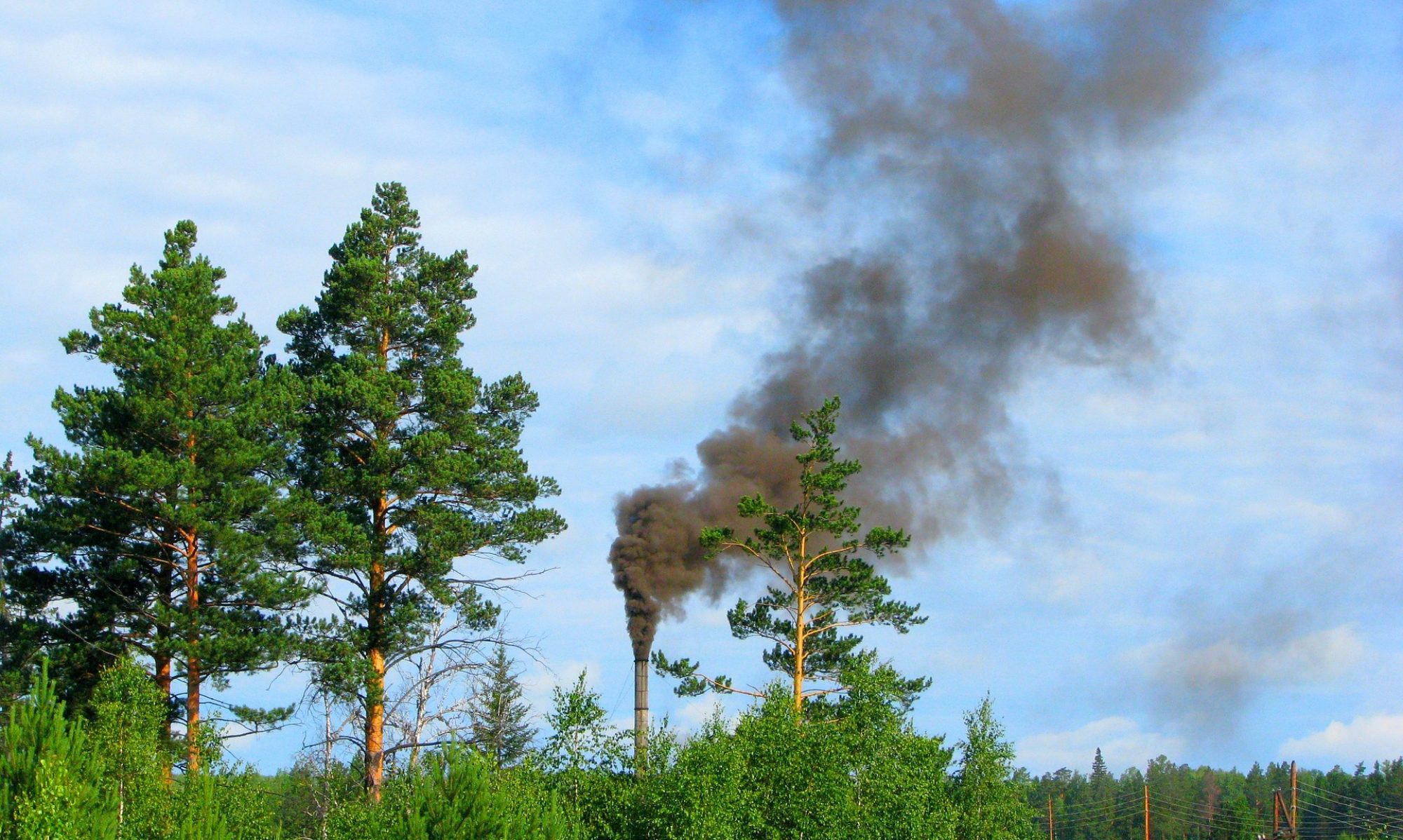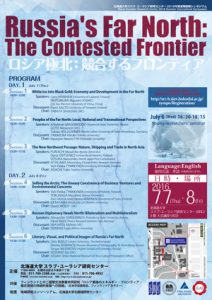Veli-Pekka’s article “Energy as Power—Gazprom, Gas Infrastructure, and Geo-governmentality in Putin’s Russia” was published in the new issue of Slavic Review.
This study unfolds the normalizing narrative that is constructed via the Gazifikatsiia Rossii promotional video released by Gazprom. The analysis reveals that the practiced geo-governmentality of gazifikatsiia derives its power from geographical imaginaries of Russia. This bipartite energopower and geo-governmentality receives its essence from the positive and negative materialities of hydrocarbons, the ability to do both “good” and “bad”, which unfolds the way the non-human is embedded in the construction of the social. This construction lumps together the material-nationalistic energy imagination, such as Russia as an energy Superpower, with universal goals such as economic growth and modernization, but also with values such as conservative gender roles. The rationalities and practices of gazifikatsiia geo-governmentality function in and combine several scales: the subject is tied to territories and the nation via gas, the subject is made responsible for the biosecurity of the population, and the global is harnessed in legitimizing the reliance on gas.
Read the article here.






